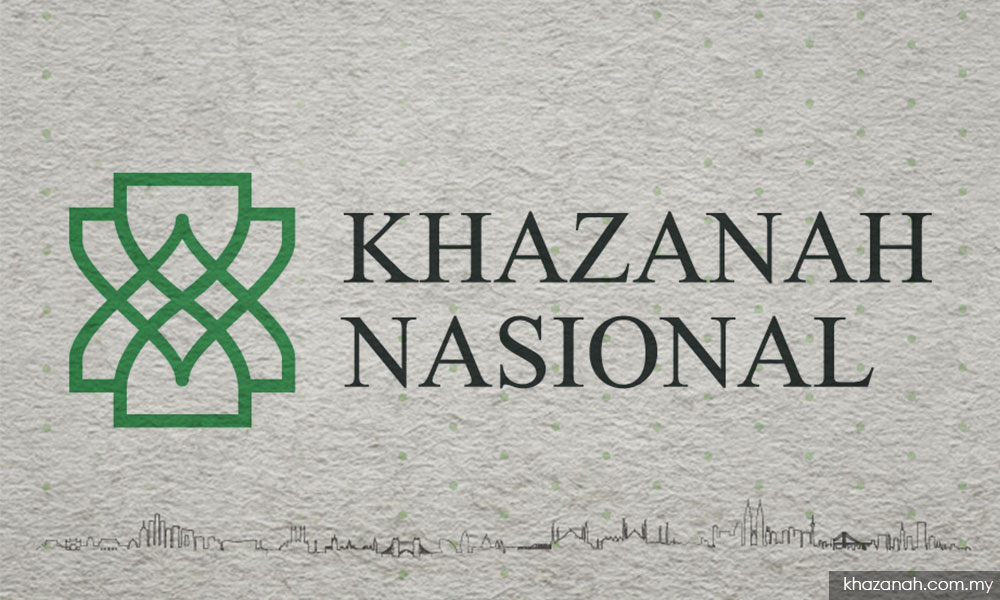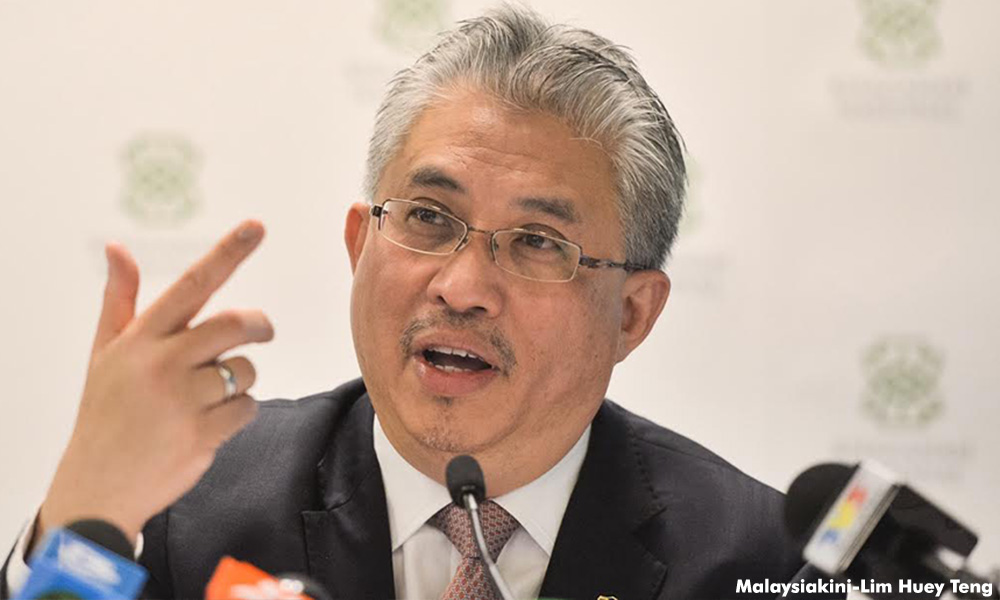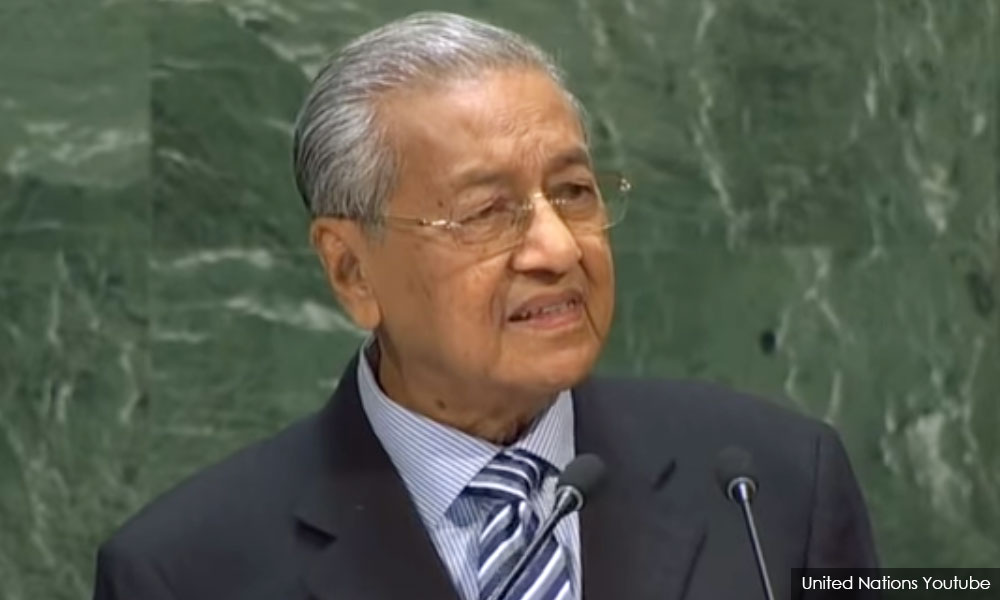
QUESTION TIME | Soon after the Pakatan Harapan government took over in May 2018, 16 months ago, an unlikely target that resurrected Prime Minister Dr Mahathir Mohamad trained his guns on was Khazanah Nasional Bhd, the national sovereign wealth fund.
That was rather puzzling because Khazanah was one of the better performing funds owned by the government. It had done very well in terms of increasing the wealth of its commercial holdings for the country under managing director Azman Mokhtar and supported by a core of professionals and a decent board.
In fact, so well had it done that Khazanah became the secretariat for the transformation of government-linked investment companies (GLICs) and government-linked companies (GLCs) which were not under its stable, such as Permodalan Nasional Bhd and its extensive list of investments worth over RM280 billion.
Khazanah’s own holdings had risen to give a net realisable value of RM136 billion as at the end of 2018, against RM68 billion at the end of 2008.
Mahathir, however, was for some reason unhappy with all that.
"But along the way, Khazanah decided it should take all the shares for itself and if they are good shares, well why not acquire the shares at the time of listing when the price of shares was very low and so they forget entirely about holding the shares for the bumiputera.
“They decided that they should be holding the shares forever as a part of the government companies owned by the government," Mahathir said.
He repeated that unfounded allegation in a recent BFM interview, which was widely reported.
But an examination of its corporate profile at that time showed no such objective for Khazanah.
Here is its mandate: “Khazanah strives to create sustainable value and cultivate a high-performance culture that helps contribute to Malaysia's economic competitiveness. Utilising a proactive investment approach, we aim to build true value through management of our core investments, leveraging on our global footprint for new growth, as well as undertaking catalytic investments that strategically boost the country's economy. We also actively develop human, social and knowledge capital for the country.”

However, it did not totally abandon its bumiputera agenda.
Khazanah had a high proportion of bumiputera employees even though Azman (above) introduced competent non-bumiputeras into the mix, injecting a much more diverse pool of managerial staff than the fund had ever known before.
It encouraged bumiputera entrepreneurship and sold some of its companies to bumiputeras.
But stung by Mahathir’s unfair criticisms and his refusal to give an appointment to Azman, the whole Khazanah board, in an unprecedented move, resigned, allowing Mahathir a free hand to shape the new board and push policies.
This is probably what he, and his trusted adviser and long-time associate Daim Zainuddin, wanted anyway.
Against advice from within Harapan that he should not take a post in Khazanah in line with Harapan’s promise to de-politicise the Khazanah board, Mahathir virtually appointed himself board chairman, a position traditionally held by the prime minister of the day.
The saving grace
The saving grace, however, is that the new Khazanah board is composed of pretty capable and reputable individuals.
The new managing director is the highly regarded and respected former Employees Provident Fund CEO Shahril Ridza Ridzuan.
But even then, the new mandate introduced later did not include any specific bumiputera agenda.
According to its updated website, “Khazanah’s mandate is to grow Malaysia’s long-term wealth. Grow in this context is to sustainably increase the value of investments while safeguarding financial capital injected into the fund. Long-term refers to a period spanning generations and focuses on ensuring future generations’ ability to meet their needs. Wealth refers to the value of Khazanah’s financial assets and economic development outcomes for the nation.
“We achieve our mandate by pursuing two investment objectives – commercial and strategic. The commercial objective focuses on achieving optimal risk-adjusted returns, to grow financial assets and diversify revenue sources for the nation. The strategic objective is to undertake strategic investments with long-term economic benefits for Malaysia or Malaysians, including holding strategic national stakes.”
Essentially, what the new mandate has done is to explicitly enable the sale of assets from the commercial assets it holds to realise value.
Presumably, this will enable the sales to fill up government coffers as and when necessary.

Mahathir (above) has offered up “the debt of over one trillion ringgit” argument as one of the reasons for selling Khazanah assets but at the time Harapan took power in May 2018, the reported debt was only RM687 billion, only increasing to over RM1 trillion after the inclusion of contingencies and other obligations not normally included in international definitions of debt.
Thus, it has been inferred that Mahathir’s intention to change the direction of Khazanah was driven by a desire to perhaps sell assets held by Khazanah to aspiring bumiputera businessman close to him and Daim.
But that’s not going to be easy - very few of controlling stakes or major stakes for Khazanah’s major investments are cheap.
A 16 percent stake in IHH costs RM8.42 billion and a 3.54 percent stake in CIMB costs RM1.75 billion.
Such large stake sales require careful consideration so that Khazanah can maximise prices by considering issues of timing and be above board.
Negotiated tenders won’t do even if they are sales to bumiputeras because that might result in prices which are too low.
Khazanah must not be pressured to sell their assets but must bide their time to maximise value.
P GUNASEGARAM believes in the old adage, haste makes waste. He is the editor-in-chief of business publication Focus Malaysia. - Mkini


No comments:
Post a Comment
Note: Only a member of this blog may post a comment.